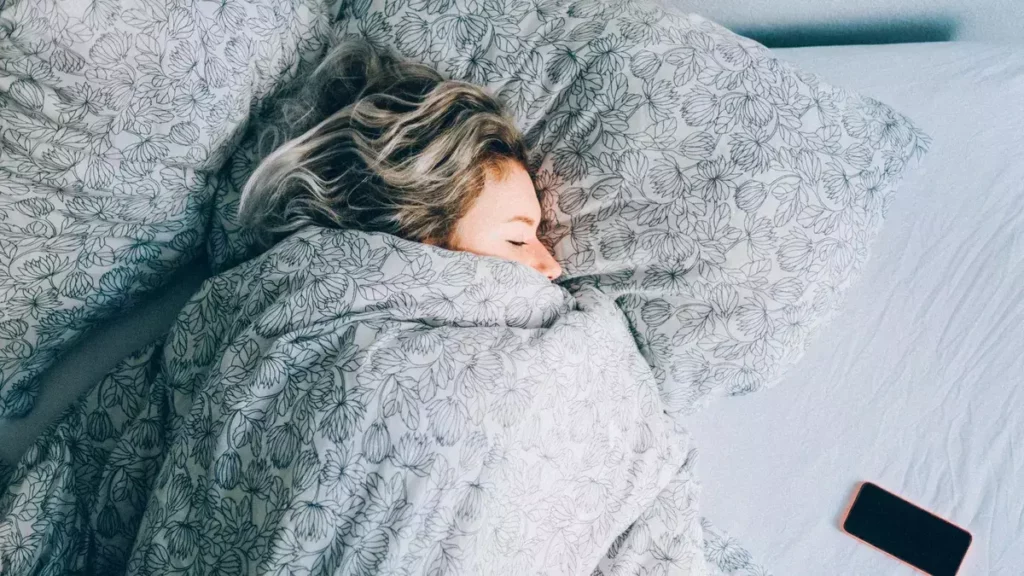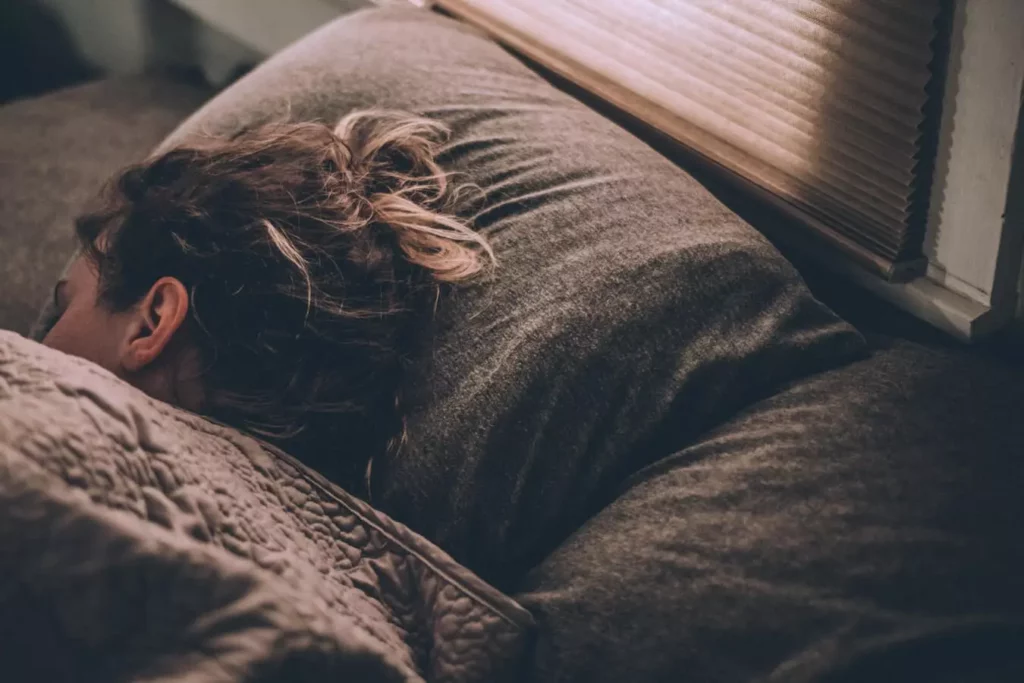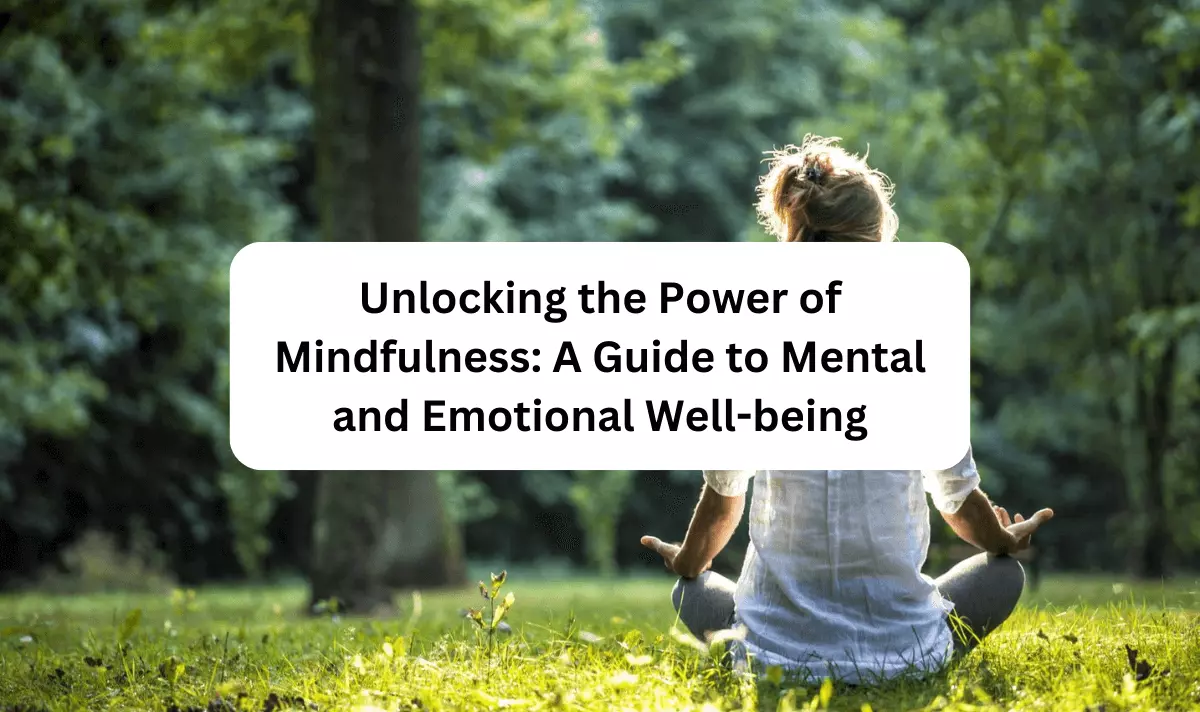
getting a good night’s rest has become increasingly challenging. However, quality sleep is essential for our overall well-being and productivity. In this article, we will explore various tips and strategies to help you achieve a restful sleep every night. From creating a sleep-friendly environment to implementing effective bedtime routines, we’ve got you covered. So, let’s dive in and discover the art of restful sleep!
Content
The Importance of Sleep

Sleep is a fundamental biological process that allows our bodies and minds to recharge. It plays a crucial role in maintaining optimal physical and mental health. When we sleep, our bodies undergo essential restorative processes that promote healing, boost our immune system, and consolidate memories. Adequate sleep also enhances cognitive functions, creativity, and problem-solving abilities.
The Art of Restful Sleep: Tips and Techniques
Setting Up Your Sleep Environment
Creating a conducive sleep environment is the first step towards achieving restful sleep. Consider the following factors:
1. Comfortable Mattress and Pillow
Invest in a high-quality mattress and pillow that provide adequate support for your body. Choose options that suit your preferred sleep position and personal preferences.
2. Optimal Room Temperature
Maintaining a cool room temperature (around 65-68°F or 18-20°C) can promote better sleep. Experiment with different temperatures to find what works best for you.
3. Dark and Quiet Environment
Minimize external noise and light in your bedroom. Consider using blackout curtains, earplugs, or a white noise machine to create a peaceful atmosphere.
4. Eliminate Electronic Distractions
Electronics emit blue light that can interfere with your sleep cycle. Avoid using electronic devices, such as smartphones and laptops, at least an hour before bedtime.
Establishing a Bedtime Routine

A consistent bedtime routine helps signal your body that it’s time to wind down and prepare for sleep. Consider the following tips:
5. Stick to a Schedule
Try to establish a regular sleep schedule by going to bed and waking up at the same time every day, even on weekends. This helps regulate your body’s internal clock and improves sleep quality.
6. Relaxation Techniques
Incorporate relaxation techniques into your bedtime routine to promote relaxation and reduce stress. Deep breathing exercises, meditation, or gentle stretching can help calm your mind and prepare your body for sleep.
7. Avoid Stimulants
Limit your consumption of stimulants, such as caffeine and nicotine, particularly close to bedtime. These substances can interfere with your ability to fall asleep and stay asleep.
8. Create a Pre-Sleep Ritual
Engage in activities that help you unwind before bed. This could include reading a book, taking a warm bath, or listening to soothing music. Find what relaxes you and make it a part of your nightly routine.
Optimizing Your Lifestyle for Better Sleep

Certain lifestyle choices can significantly impact the quality of your sleep. Consider implementing the following changes:
9. Regular Exercise
Engaging in regular physical activity during the day can promote better sleep. Aim for at least 30 minutes of moderate exercise most days of the week. However, avoid intense workouts close to bedtime, as they may make it difficult to fall asleep.
10. Balanced Diet
Maintain a healthy and balanced diet that supports good sleep. Avoid heavy meals, caffeine, and spicy or fatty foods close to bedtime, as they can cause discomfort and disrupt your sleep.
11. Manage Stress
Stress and anxiety can contribute to poor sleep. Explore stress management techniques, such as mindfulness, journaling, or talking to a trusted friend or therapist. Finding healthy coping mechanisms can help improve your sleep quality.
12. Create a Sleep-Friendly Bedroom
Designate your bedroom as a space primarily for sleep and intimacy. Avoid using it as a workspace or entertainment area. By associating your bedroom with relaxation, you can condition your mind for better sleep.
Conclusion
Achieving restful sleep is a crucial aspect of maintaining overall well-being and productivity. By following the tips and techniques outlined in this article, you can enhance your sleep quality and wake up feeling refreshed and rejuvenated. Remember, the art of restful sleep requires consistency and commitment. Experiment with different strategies to find what works best for you. Embrace the power of restful sleep and unlock its numerous benefits for a healthier and happier life.
u003cstrongu003eHow much sleep do I need?u003c/strongu003e
Most adults require between 7-9 hours of sleep per night for optimal functioning. However, individual sleep needs may vary. Pay attention to your body’s signals and adjust your sleep duration accordingly.
u003cstrongu003eWhat can I do if I have trouble falling asleep?u003c/strongu003e
If you struggle with falling asleep, try implementing a relaxing bedtime routine, creating a comfortable sleep environment, and avoiding stimulating activities close to bedtime. If the problem persists, consider consulting a healthcare professional.
u003cstrongu003eIs it bad to take naps during the day?u003c/strongu003e
Napping can be beneficial if done correctly. Keep your naps short (around 20-30 minutes) and avoid napping too close to your bedtime, as it may interfere with your ability to fall asleep at night.
u003cstrongu003eDoes drinking alcohol help with sleep?u003c/strongu003e
While alcohol may initially make you feel drowsy, it can disrupt your sleep cycle and lead to fragmented and poor-quality sleep. It’s best to avoid alcohol close to bedtime.
u003cstrongu003eCan exercise help improve sleep quality?u003c/strongu003e
Yes, regular exercise can promote better sleep. However, avoid intense workouts too close to bedtime, as they may leave you feeling energized and make it harder to fall asleep.
u003cstrongu003eWhat should I do if I consistently have trouble sleeping?u003c/strongu003e
If you consistently struggle with sleep difficulties, it’s advisable to consult a healthcare professional. They can evaluate your sleep patterns, provide guidance, and recommend appropriate interventions.

Kylie Davidson is a health blogger and the founder of her own blog about fitness. She has been blogging for three years now and loves to share what she learns with others. Kylie enjoys reading, cooking, and staying active outdoors.












